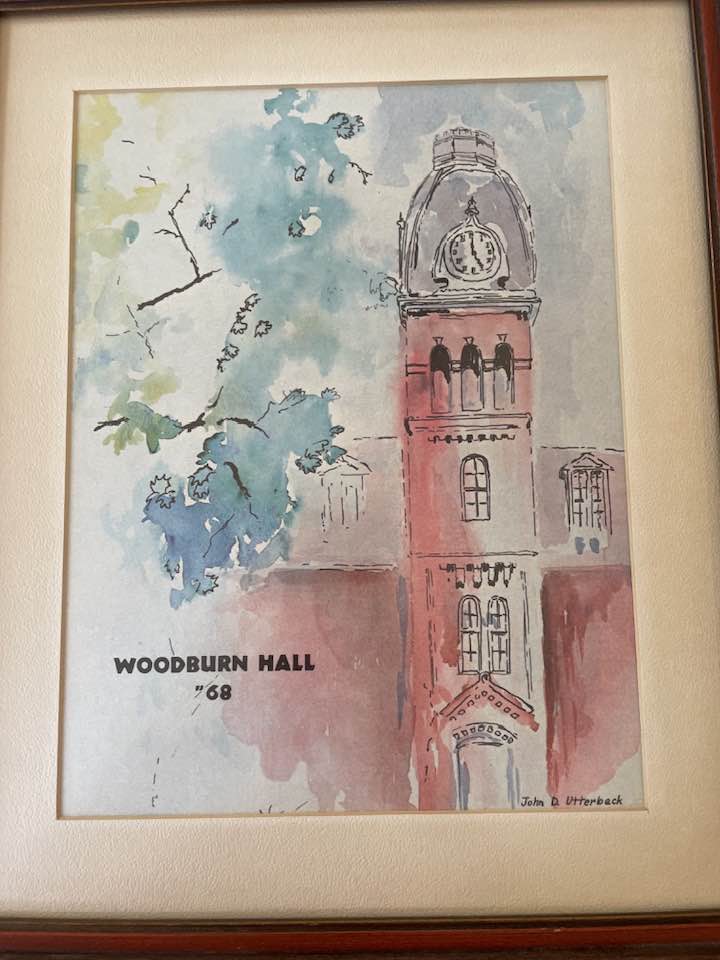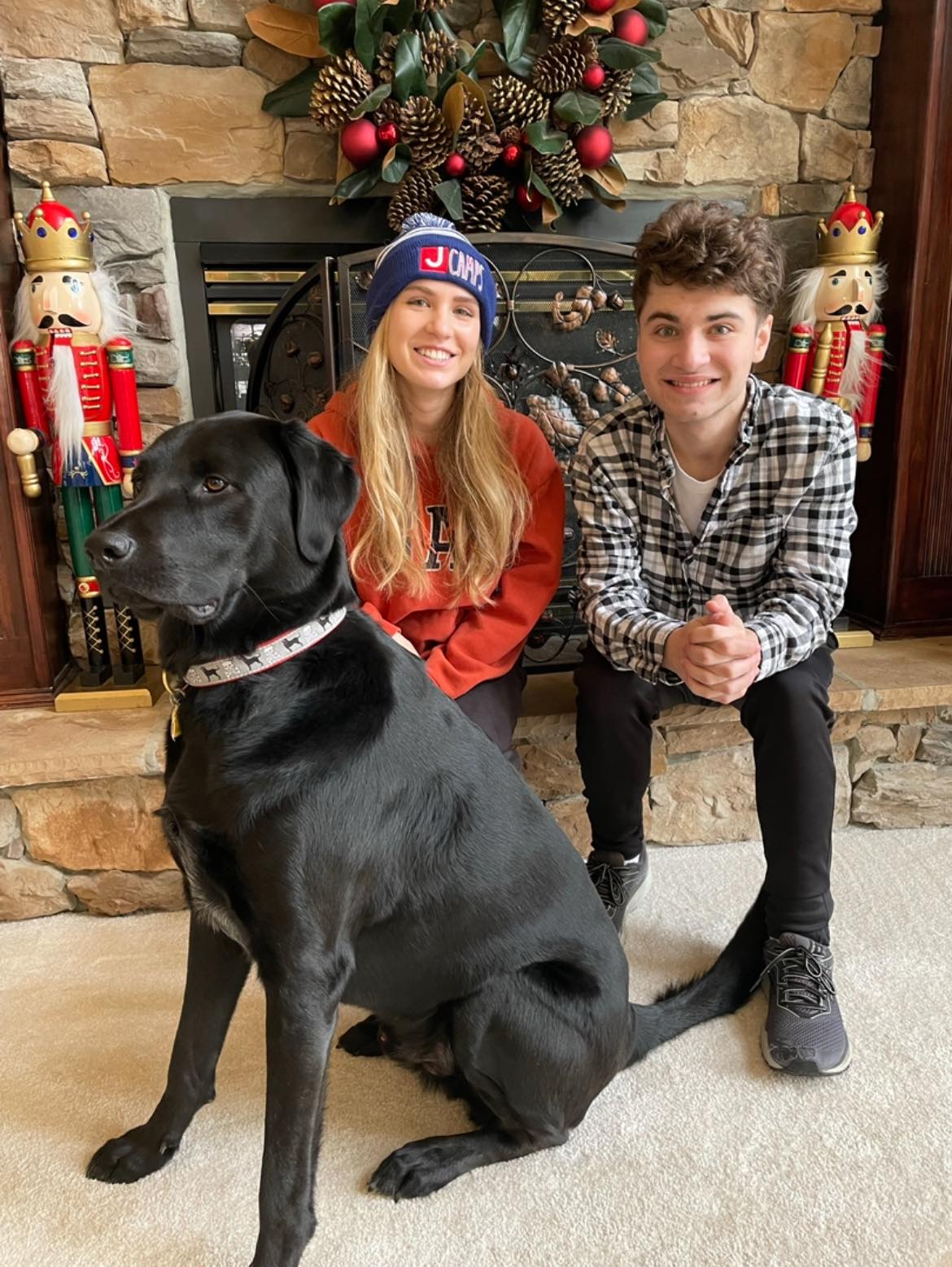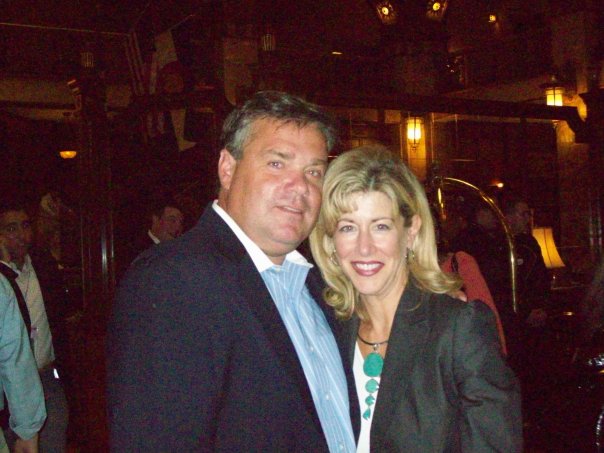
Suzanne Bentzel
Representing WVU in Washington, D.C., Suzanne provides leadership for the University’s relationships with federal officials and staff. She works directly with the West Virginia Delegation, federal agencies and higher education organizations to communicate, engage and advocate for priorities that impact the University. Prior to joining WVU in August 2015, she served as U.S. Senator Jay Rockefeller’s director of appropriations and legislative aid for higher education issues. From 1988 through June 2010, Suzanne served in a number of roles for former U.S. Senator Robert C. Byrd, including staff assistant, projects assistant, projects director and professional staff on the Senate Appropriations Committee. In later years on the Senate Appropriations Committee, she oversaw the development and advancement of all West Virginia-related appropriations initiatives for Senator Byrd, including investments supporting existing and new federal agency operations, transportation infrastructure, military construction, defense, higher education, capital infrastructure, research programs and community development. Suzanne serves as a board member of the WVU Alumni National Capital Area Chapter as well as the West Virginia State Society.
GET TO KNOW SUZANNE
Question: Where are you from? What made you want to represent WVU?
Answer: I grew up in Morgantown, West Virginia, but my family moved away when I was in junior high. Even then, I knew I wanted to return to West Virginia University for college. After graduation, I moved to Washington, D.C., where I worked on Capitol Hill for over 27 years, 23 years with Senator Byrd and four years with Senator Rockefeller. When President Gee returned to WVU, he was eager to expand WVU’s footprint in Washington, D.C. He brought me on in 2015, and it has been an opportunity of a lifetime for me to continue working for my alma mater and the state that has shaped me.
Question: Tell me about your family.
Answer: My husband, Carl, and I met when I was working for Senator Byrd and he was working for the Senate Commerce Committee. It took some of our mutual Senate staff colleagues to intervene and help us realize that we “liked” each other, but thankfully their efforts were successful, and we have now been married for nearly 24 years. We have two young adults, our son C.J. and daughter Brooke, and our beloved shelter dog Cody. C.J. and Brooke are both in college, so we are experiencing a bit of the empty nest syndrome, but we have also been having some fun spending more quality time together. Cody misses his siblings, but also secretly enjoys being the only (furry) child.
Question: What do you do in your spare time?
Answer: Our family loves to explore restaurants, cultural events, and the outdoors in the D.C., Annapolis and Baltimore areas. I am also a big thrifter. Among my most prized treasure finds is a 1960’s collection of framed watercolor WVU prints that I found in the last ten minutes of a local church rummage sale. Today, they are displayed prominently in our WVU Office in Washington, D.C.
Question: If you could describe WVU's impact on the state in a few words, what would it be?
Answer: WVU’s combined R1 and land-grant roles. So much of our research focuses on issues impacting West Virginia and its people, and our Extension team takes that research to help communities and people in every one of the state’s 55 counties.
Question: What would you say is WVU’s greatest strength?
Answer: Our people, especially our students. They are our purpose and what drives the University forward.
Question: Where is your favorite place to visit in West Virginia?
Answer: Morgantown, West Virginia. Morgantown carries so many wonderful memories for me, from growing up there in the 1970s to being a student at WVU in the 1980s. Each time I come to campus, it’s like coming home, and I always discover something new and exciting every time I return.
Question: What is your favorite hidden gem in West Virginia?
Answer: While it’s no longer there, Ruby and Ketchy’s diner near Cheat Lake was always a favorite of mine. It was the perfect spot to enjoy a cup of coffee and great food in a welcoming atmosphere.
Question: Pepperoni roll or WVU cookie?
Answer: Pepperoni Roll. They were a lifesaver during my college years!
Question: How does your work at the federal level impact WVU?
Answer: Our R1 status and land-grant status heavily rely on federal funding. My role is essential in advocating for and protecting this funding. I collaborate with a number of higher education associations and our faculty and deans to help communicate the value of our programs and highlight how important federal funding is to the University’s success.
Question: What does a day in the job look like for you?
Answer: Every day is different. One day, I might be on campus meeting with faculty or administrators or hosting members and staff of the WV delegation. The next, I could be on Capitol Hill with faculty members discussing key priorities for WVU. Another day might involve working with higher education associations on more global higher education issues.
Question: What is the most rewarding part of your role?
Answer: Having a legislative win that directly benefits students, faculty and the community makes it all worthwhile. There are many examples, but this could be increases for the student aid programs, securing Congressionally Directed Spending for campus improvements and state-of-the-art research equipment, or the enactment of legislation that aims to reduce campus hazing.
Question: Do you have a favorite success story of when Government Relations impacted WVU or our state?
Answer: One of my favorite success stories is when we successfully advocated for provision in the CHIPS and Science Act to provide smaller states like West Virginia with increased NSF funding on an incremental basis. Many of the elite east and west coast universities were opposed to this provision so it felt like a David and Goliath scenario. By working closely with several higher education colleagues from rural states along with state leaders and the WVU research office, we ultimately secured the provision, which was a significant win for the University and the state.
Question: What is one thing you wish people understood more about what you do?
Answer: I want people to know that WVU has an Office of Federal Relations in our nation’s capital, and it is a resource available to them! Faculty and staff are always welcome to reach out or visit our office when they are in town. We are here to support their work and advocate for the University at the federal level.


